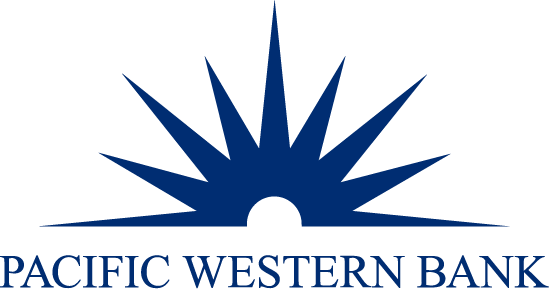Saving Account Services Buying Guide
A savings account is a fundamental financial tool that everyone should consider. Choosing the right savings account can lead to higher interest earnings, fewer fees, and better overall savings growth. This guide is here to walk you through the process and help you make an informed decision when choosing a savings account service.
Introduction to Saving Account Services
A savings account service is offered by banks and credit unions, allowing customers to store money securely, earn interest over time, and build savings.
Why Open a Savings Account?
- Security: Funds are secured and insured up to a certain limit.
- Liquidity: Quick access to your money.
- Interest Earnings: Accumulate interest over time.
- Financial Discipline: Encourages saving habits and financial planning.
Types of Savings Accounts
- Regular Savings Accounts: Basic, no-frills accounts offered by most banks.
- High-Yield Savings Accounts: Offers higher interest rates compared to regular savings accounts.
- Online Savings Accounts: Typically offer higher interest rates and lower fees as they have lower overhead costs.
- Money Market Accounts: A hybrid account offering higher interest rates and limited check-writing privileges.
- Certificates of Deposit (CDs): Fixed-term accounts that often offer higher interest rates.
What to Look for in a Savings Account Service
- Interest Rates (APY): Look for competitive Annual Percentage Yields.
- Fees: Consider monthly maintenance fees, withdrawal fees, and any other associated costs.
- Minimum Balance Requirements: Understand the minimum amount needed to open and maintain the account.
- Access to Funds: Evaluate ease of access, withdrawal limitations, and ATM network.
- Customer Service: Ensure responsive and helpful customer support.
- Mobile/Online Banking: Consider the quality of digital banking services and features.
How to Choose a Savings Account Service
- Identify Your Needs: Determine your saving goals, preferred account features, and any specific requirements.
- Research and Compare: Investigate various banks and credit unions, compare interest rates, fees, and features.
- Read Reviews: Consider customer feedback and reviews about the service quality of the financial institution.
- Understand Terms and Conditions: Read the fine print, including any restrictions, limitations, and penalties.
Opening a Savings Account: Steps
- Select a Bank or Credit Union: Choose a reputable institution offering the best terms for your needs.
- Prepare Necessary Documentation: Typically, you will need a government-issued ID, Social Security Number, and proof of address.
- Complete the Application: Apply online or in-person, providing the necessary personal information.
- Make an Initial Deposit: If required, deposit the minimum amount to activate your account.
- Set Up Online Access: Register for online banking to monitor and manage your account conveniently.
Potential Pitfalls and How to Avoid Them
- Low-Interest Rates: Regular savings accounts might offer minimal interest; consider high-yield or online savings accounts for better returns.
- Excessive Fees: Avoid accounts with high fees; many institutions offer fee-free options.
- Limited Accessibility: Some accounts may have restrictions on withdrawals; ensure the account meets your liquidity needs.
- Ignoring Online Banks: Don’t overlook online banks as they often offer competitive interest rates and lower fees.
Review Our Top Payroll Services
Our Top Choice: SoFi Saving Accounts
- No Account Fees
- FDIC Insured up to $250,000
- Highly Responsive Customer Service
- Accessible Mobile App
SoFi’s saving account stands out with its high-interest rates and absence of fees, making it a favorable option for those who want to maximize their savings. The user-friendly app and responsive customer service further elevate the user experience. However, the lack of physical branches and cash deposit options may pose inconveniences for some users. In summary, if high returns and online banking convenience are your priorities, SoFi is a viable choice, but those who require branch services and cash transactions should consider other options.
Pros
- High-Interest Rates
- No Account Fees
- FDIC Insured
- User-Friendly Mobile App
- Highly Accessible Customer Service
Cons
- Limited Physical Branches
- No Cash Deposit
Pacific Western Bank
- Wide Range of Banking Services
- Comprehensive Customer Support
- Convenient Online Banking
- Several Physical Branches
Pacific Western Bank’s saving account is a solid choice for those looking to earn competitive interest rates while enjoying a range of banking services and the reliability of physical branches. The bank’s commitment to customer service and the convenience offered by its online and offline presence enhance its appeal. However, the requirement of a minimum balance and limited online tools may be hindrances for some. In conclusion, if a balanced approach to saving with a blend of online and offline services appeals to you, Pacific Western Bank is worth considering.
Pros
- Competitive Interest Rates
- Comprehensive Customer Service
- Wide Range of Banking Services
- Convenient Online Banking
- Several Physical Locations
Cons
- Minimum Balance Requirement
- Limited Online Tools



